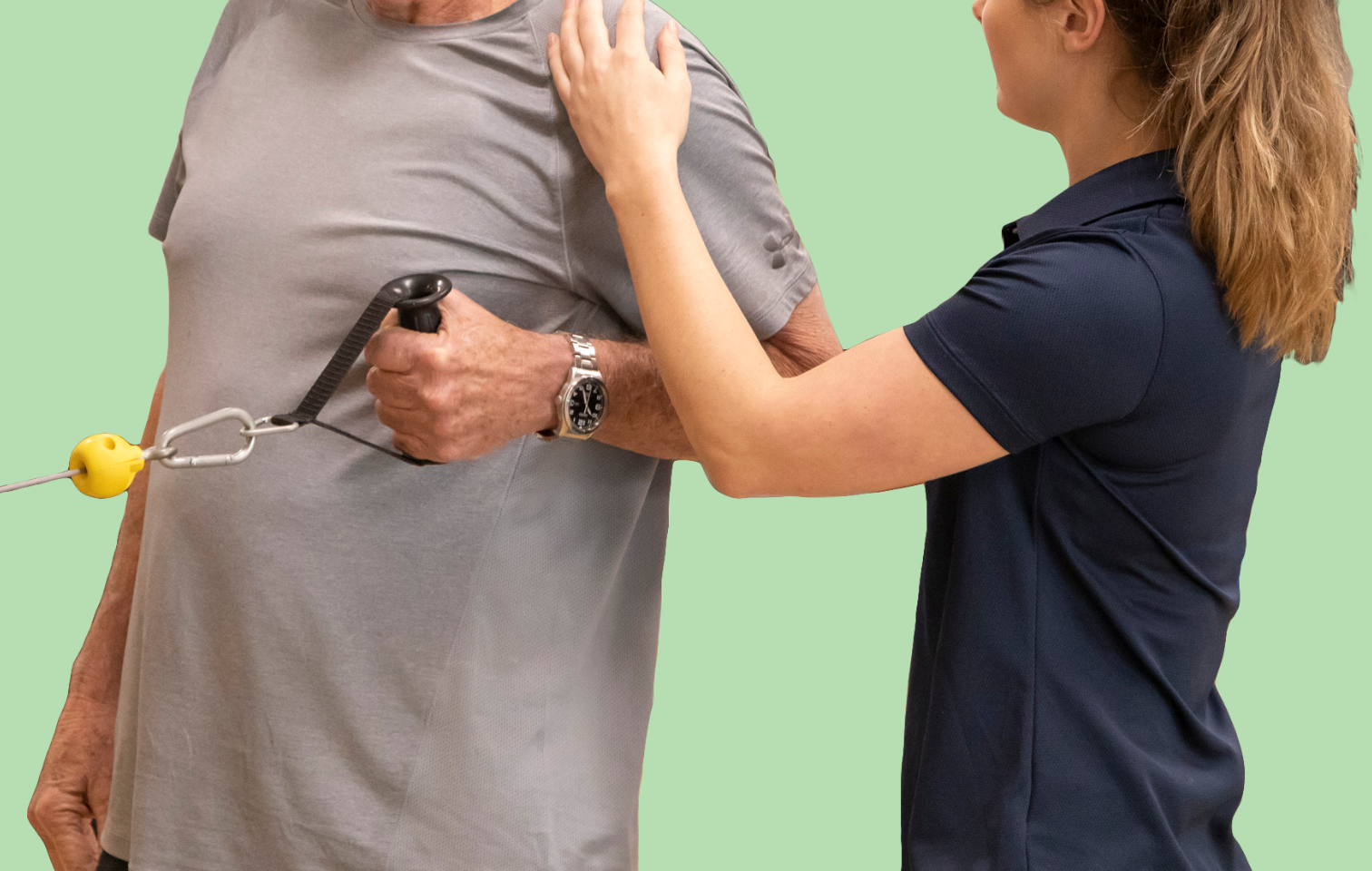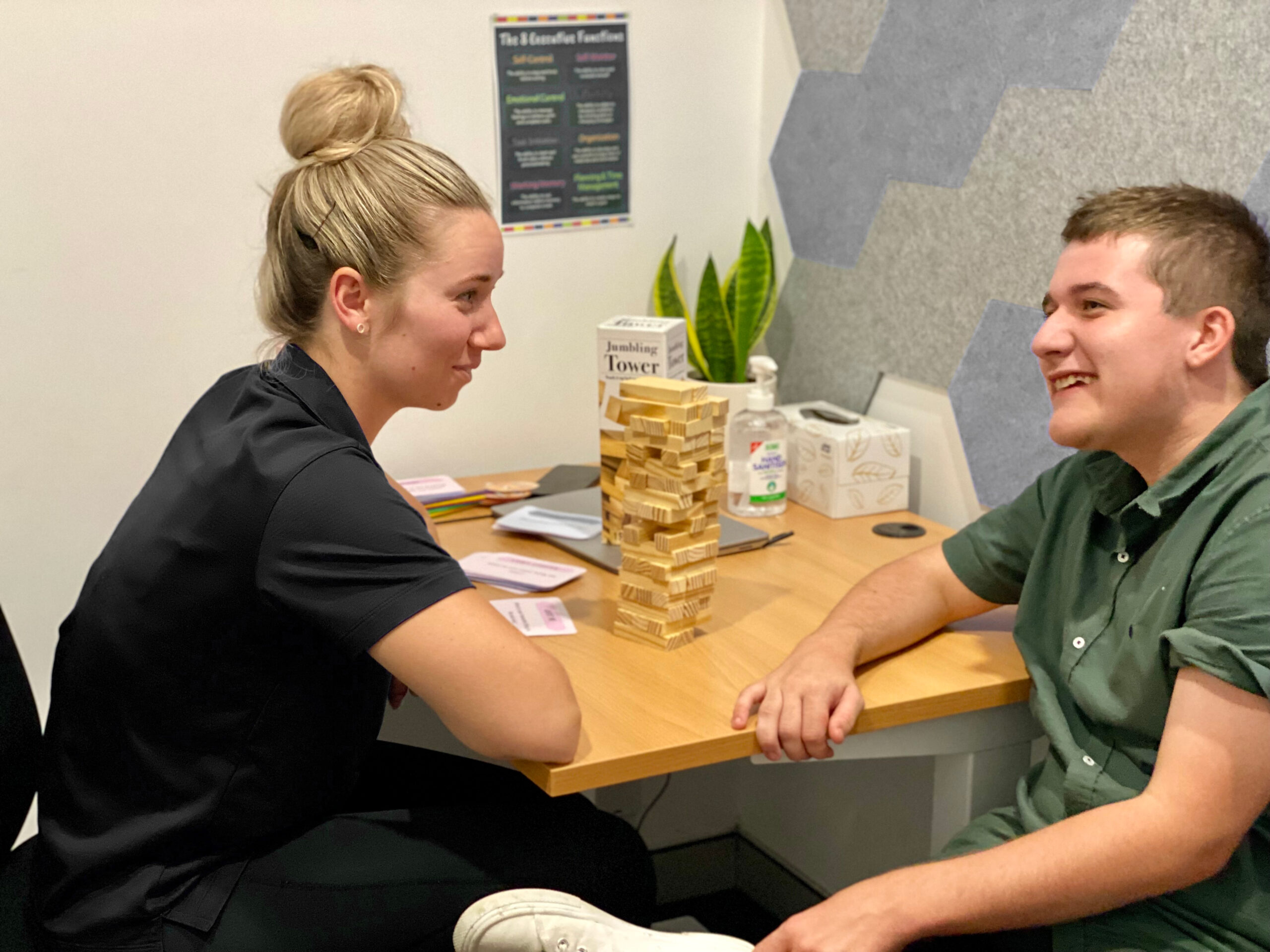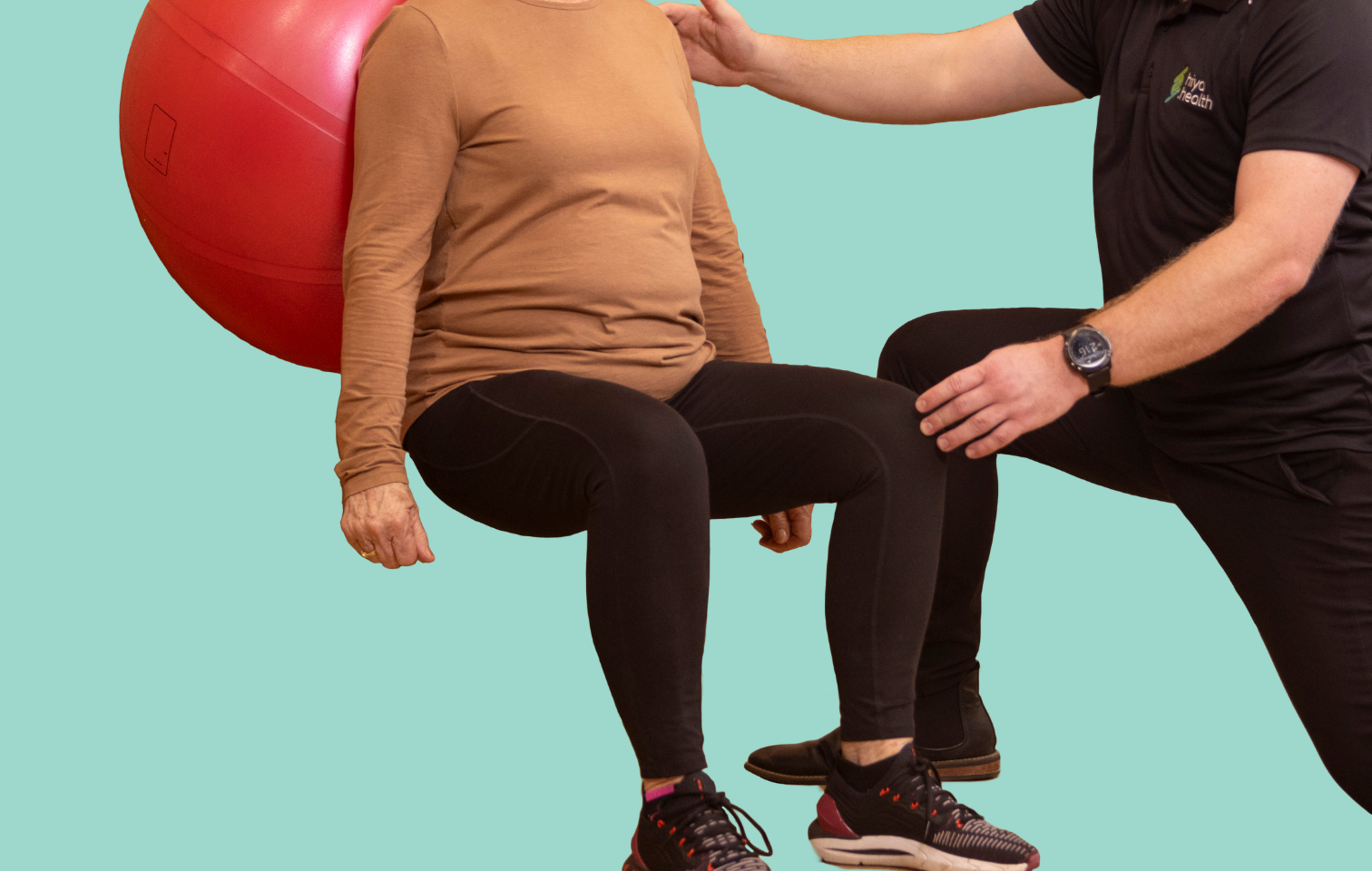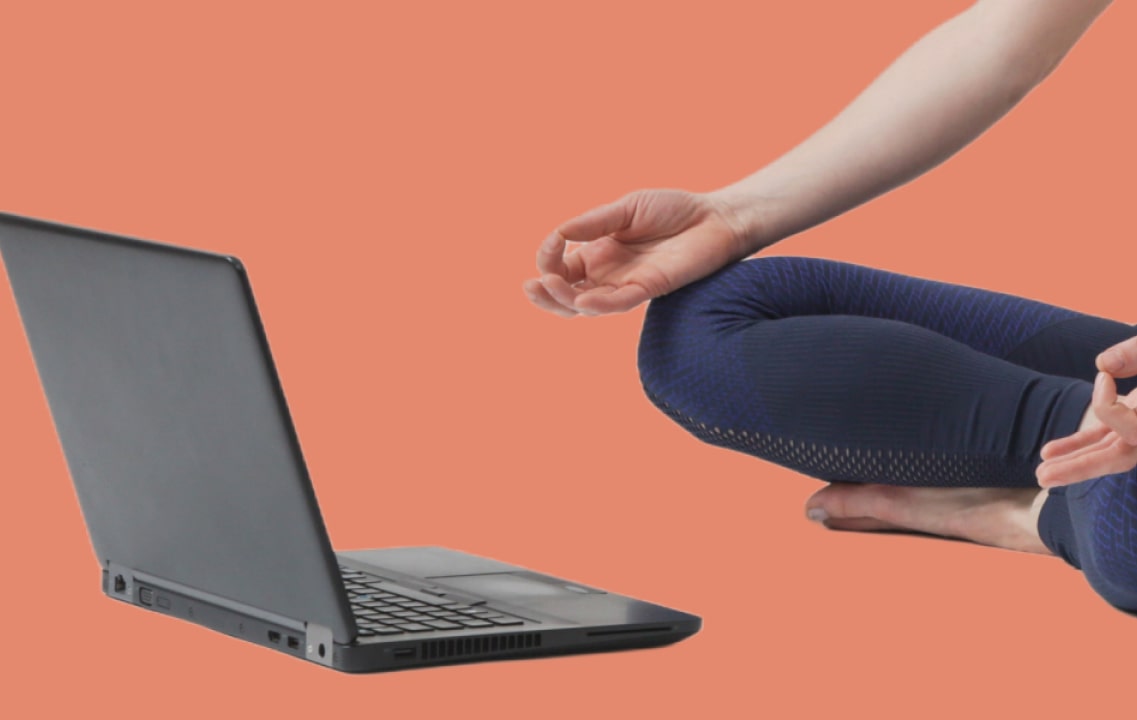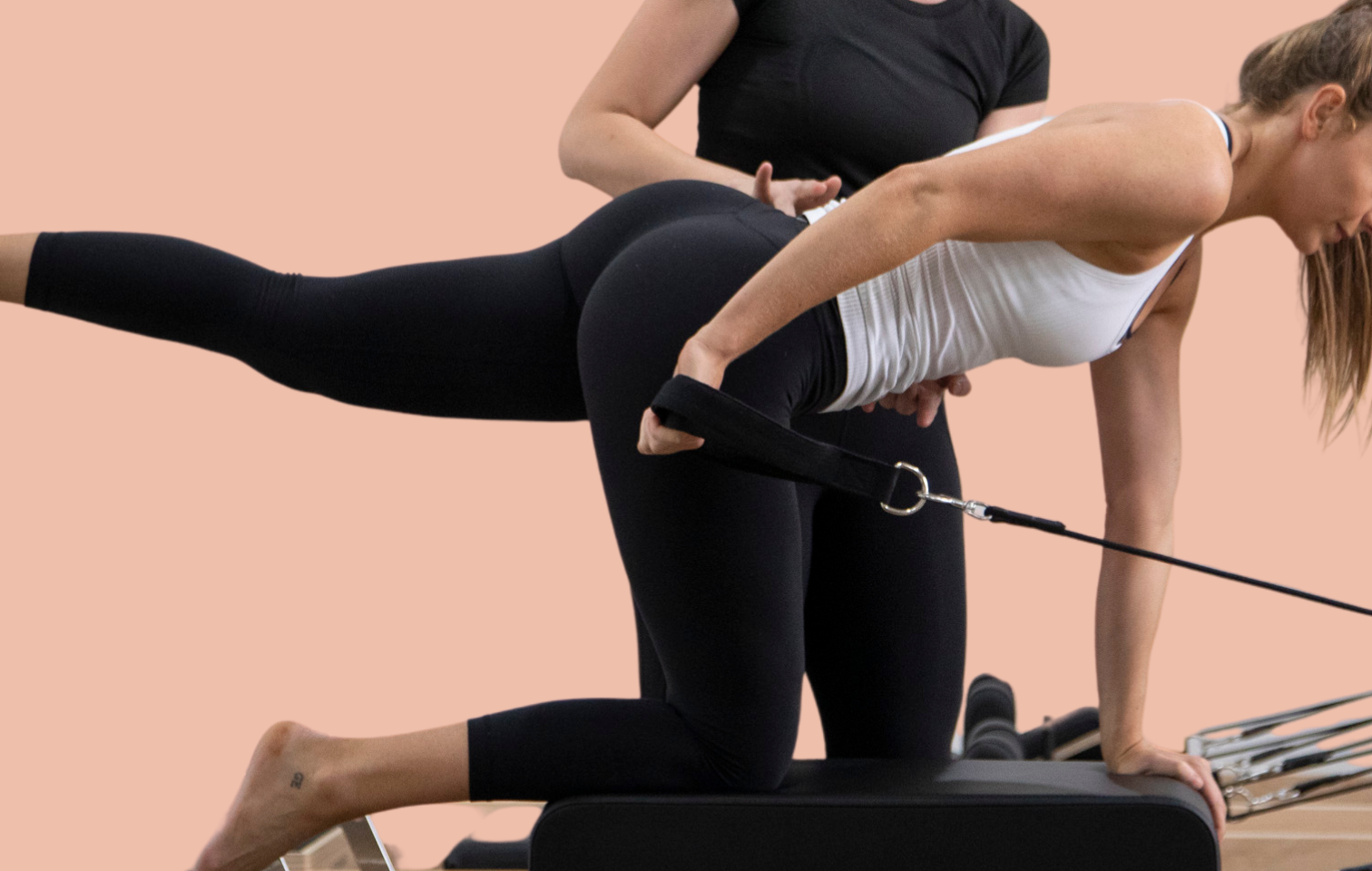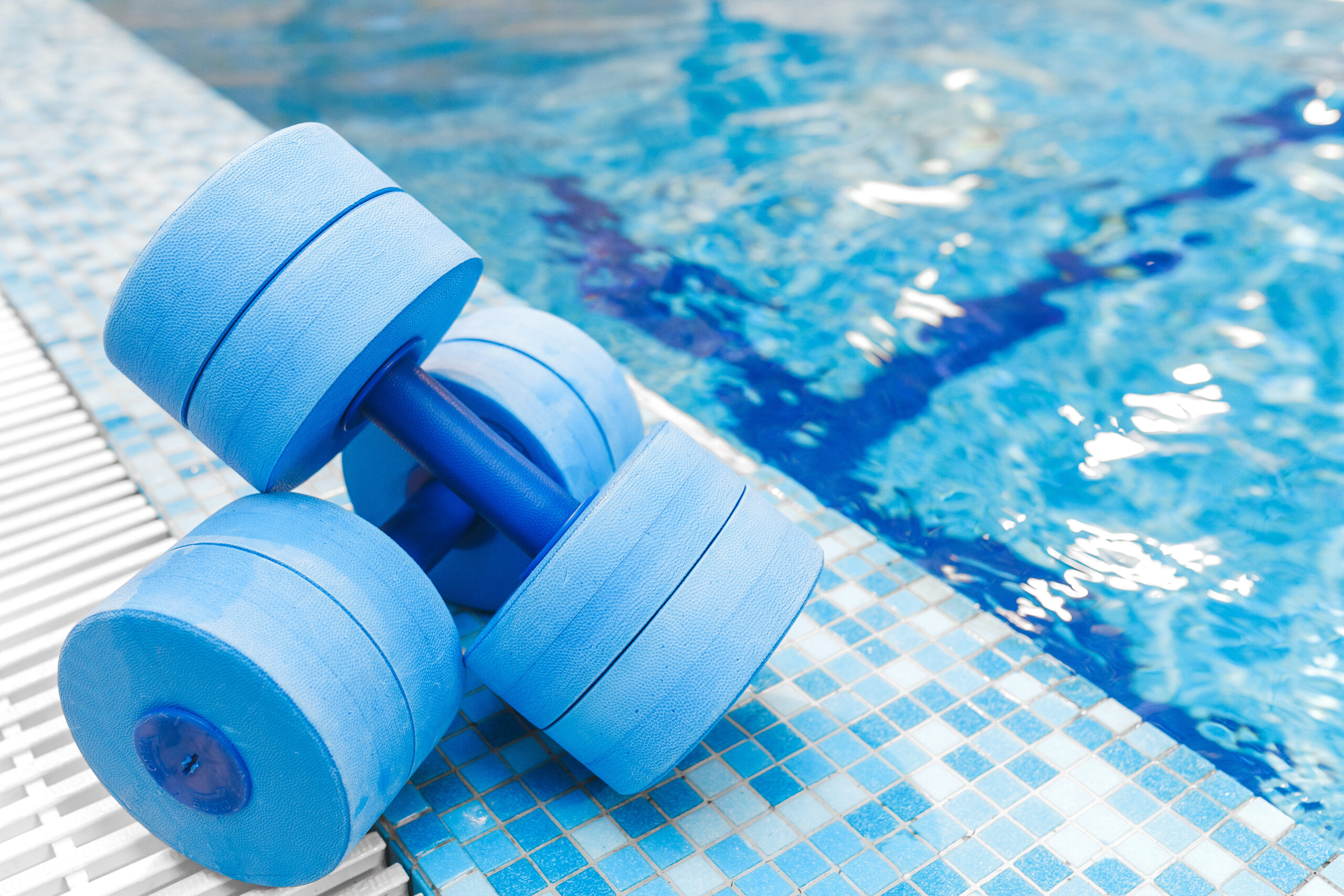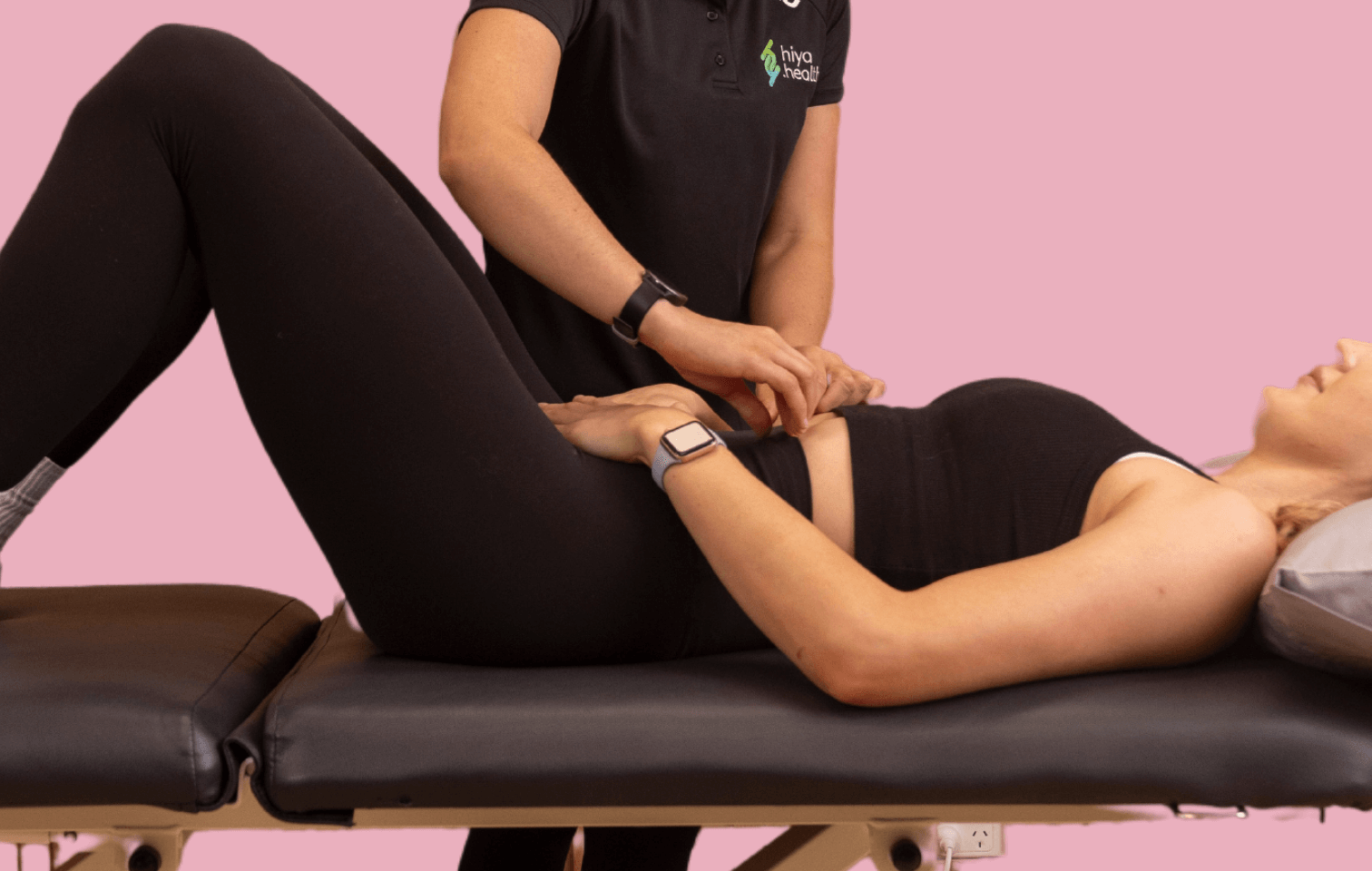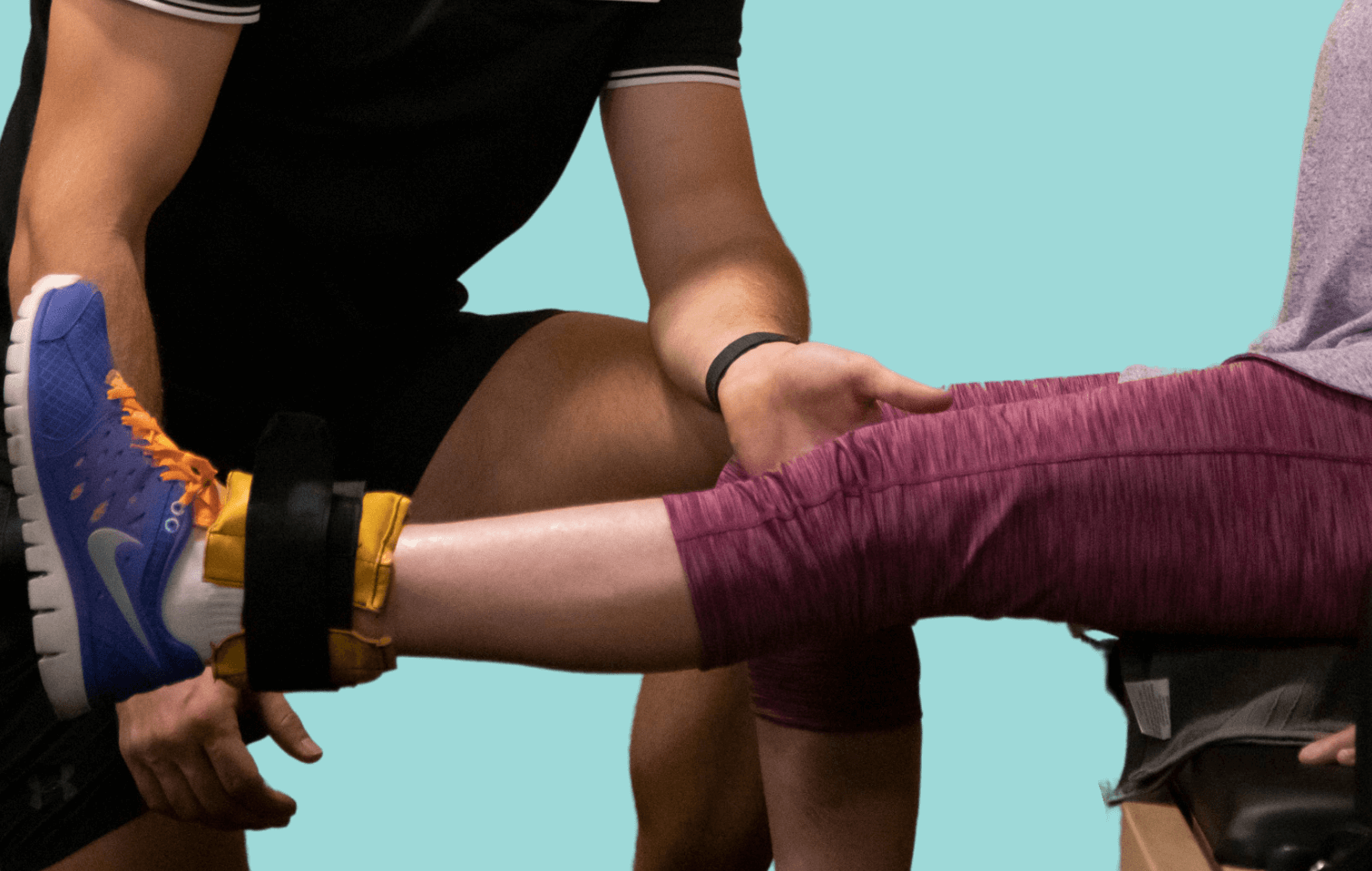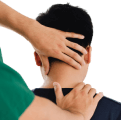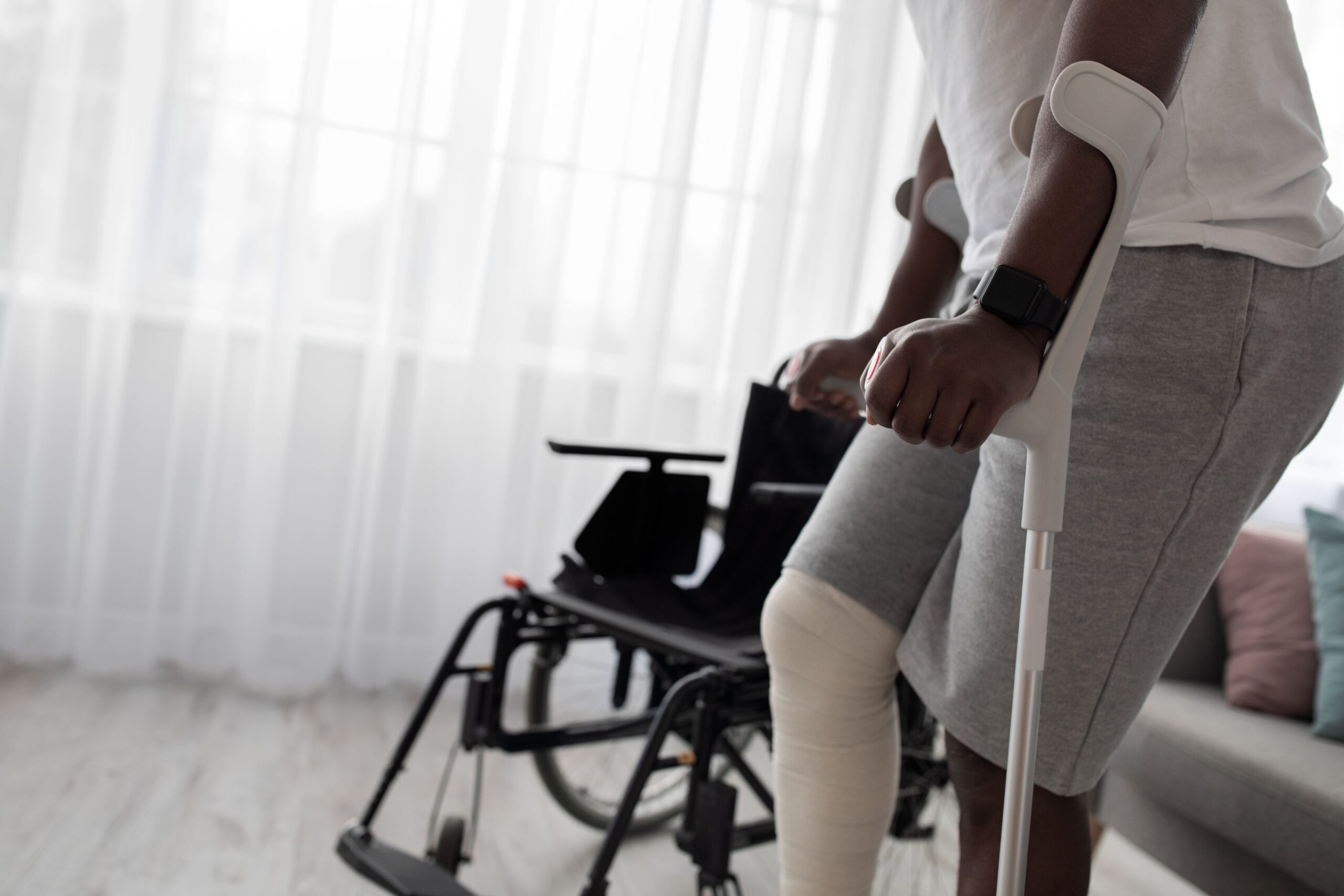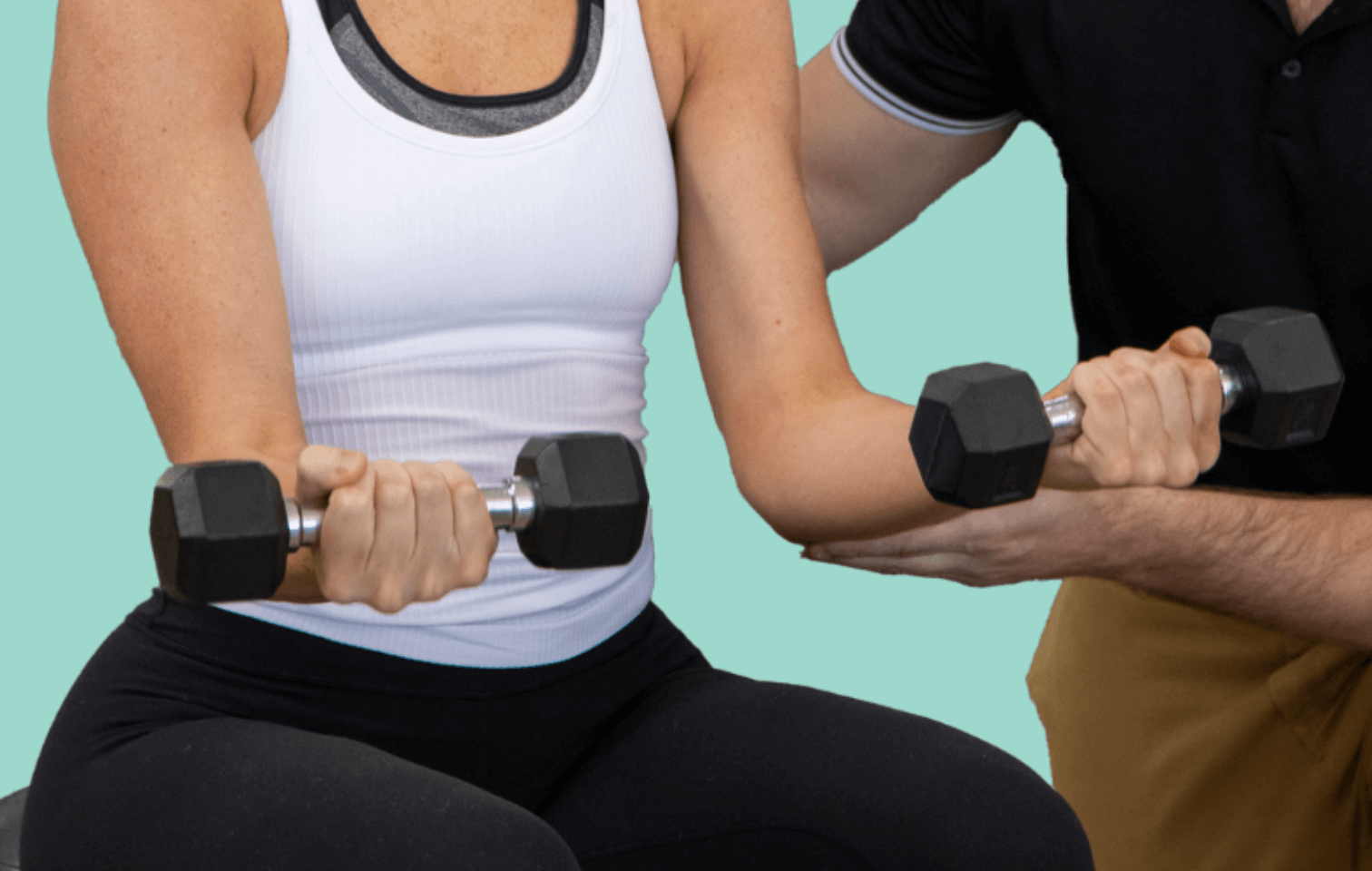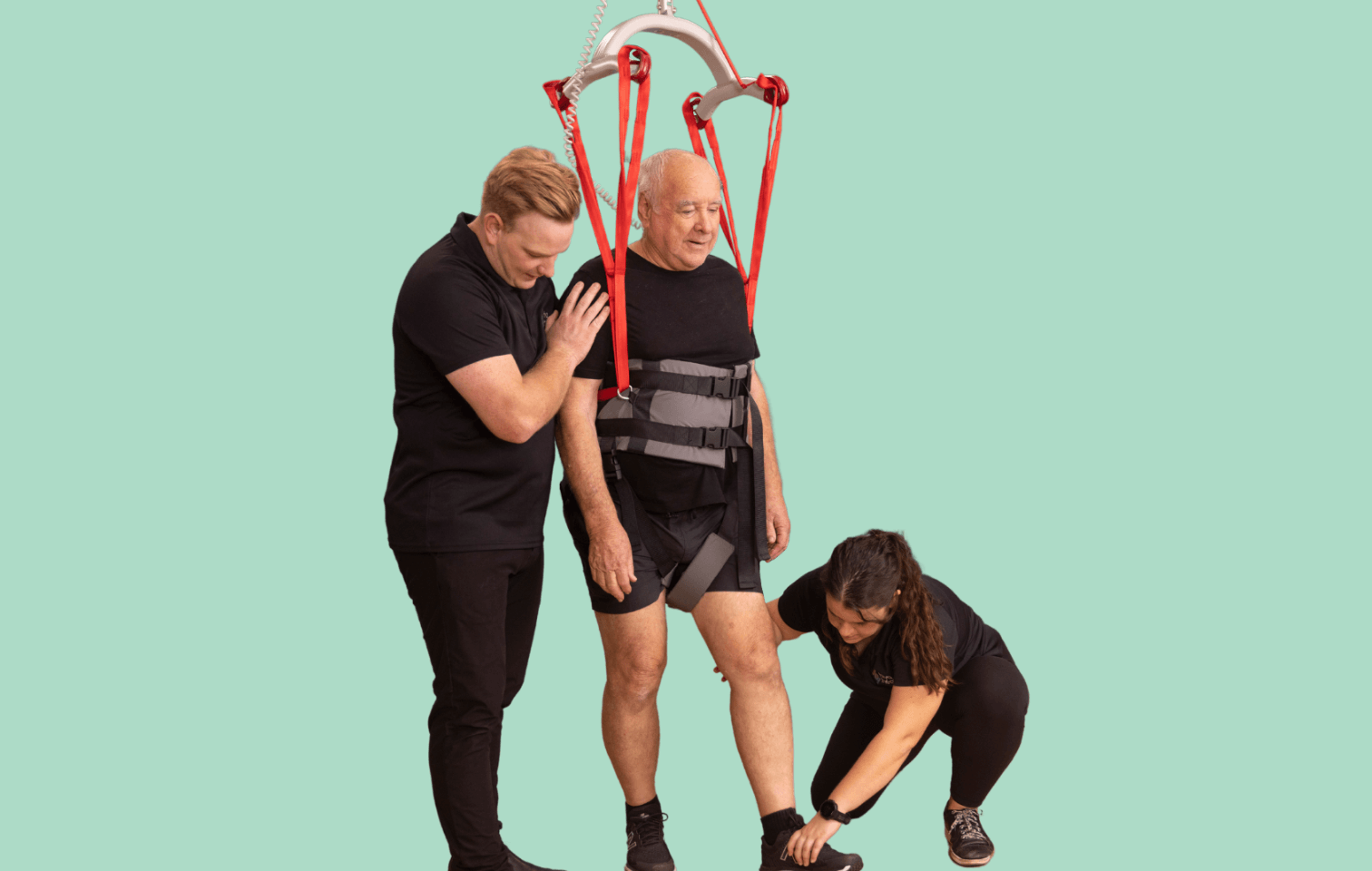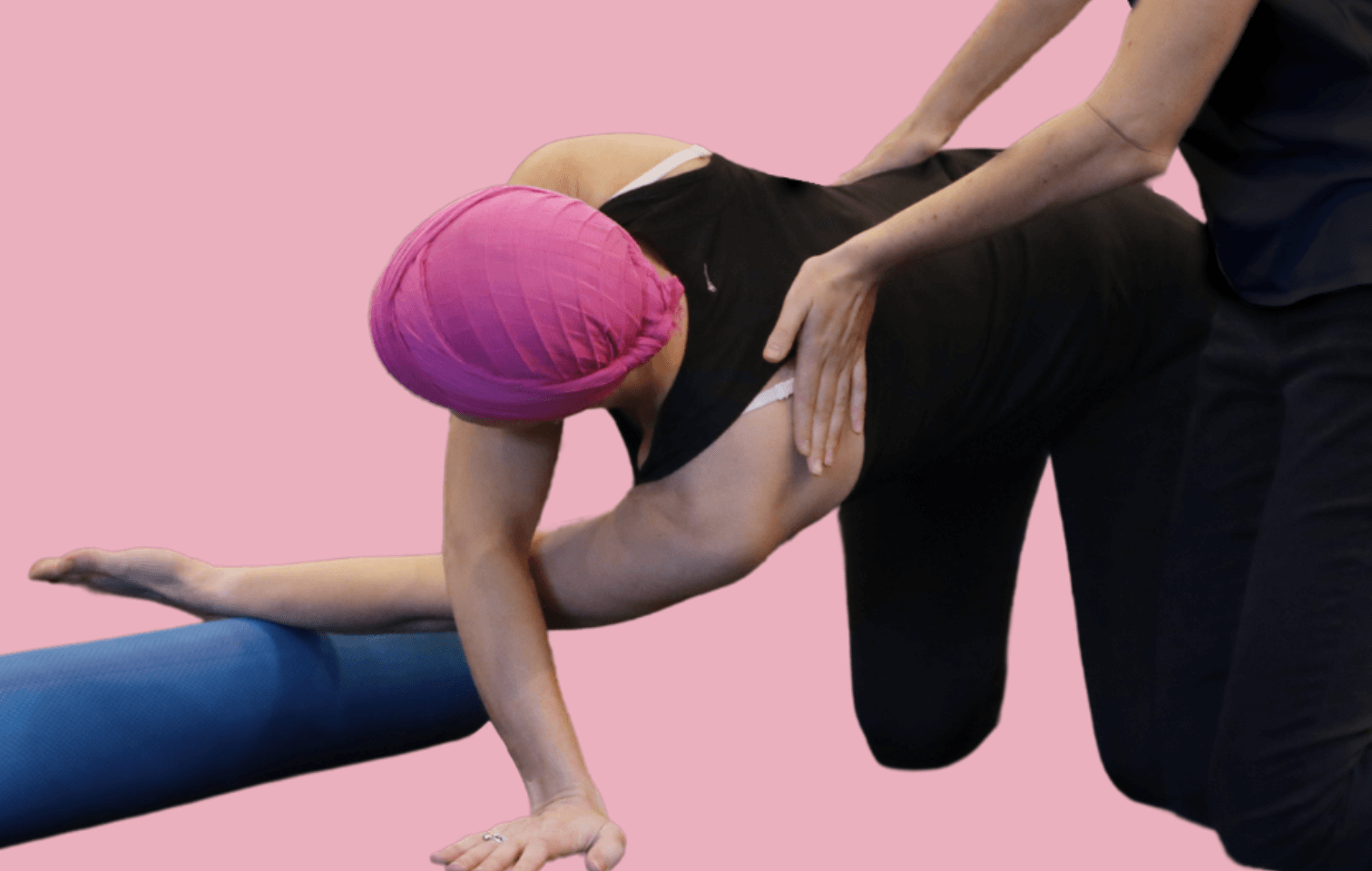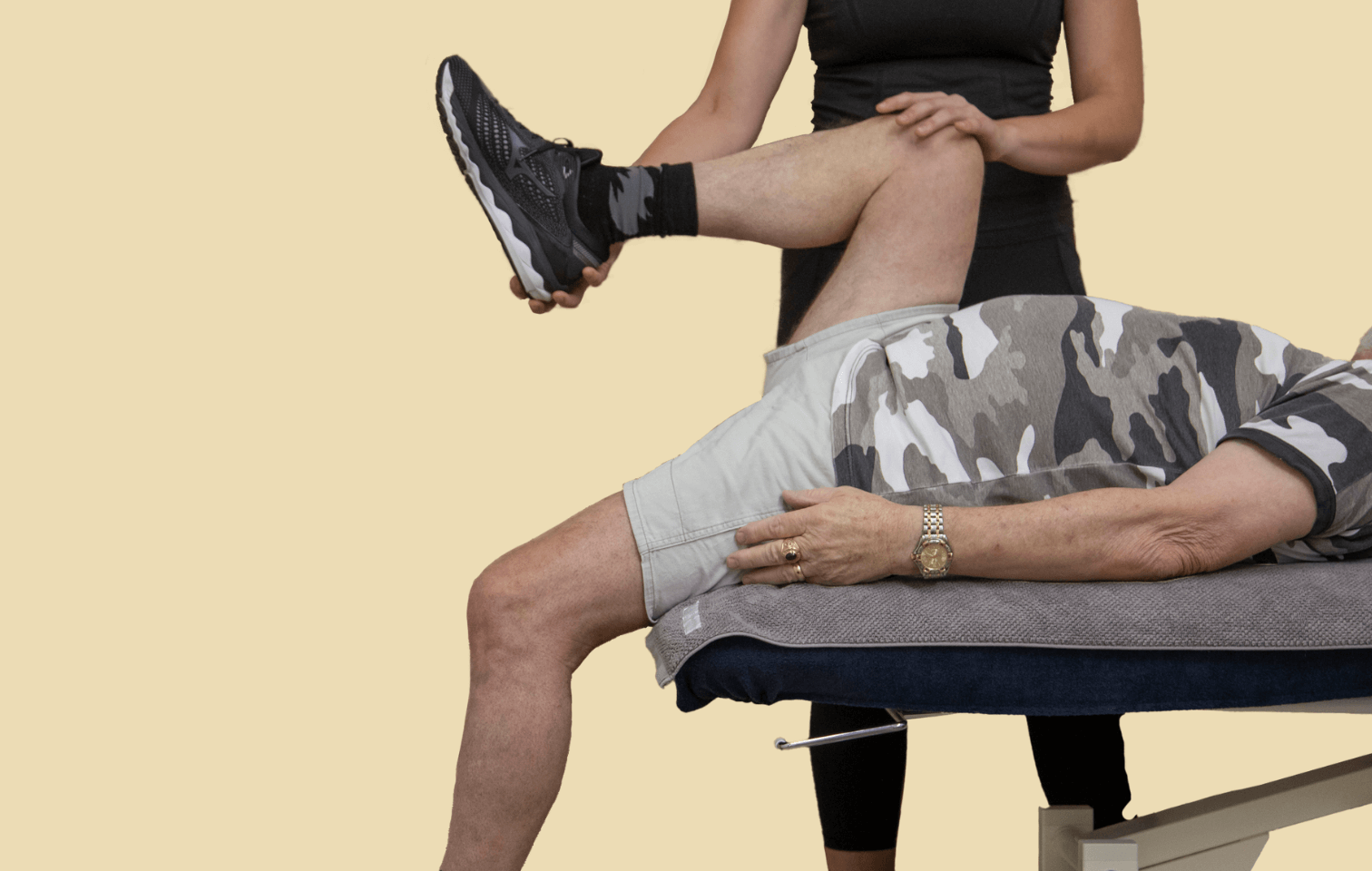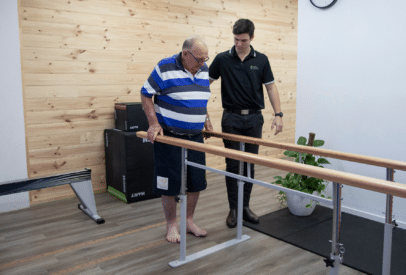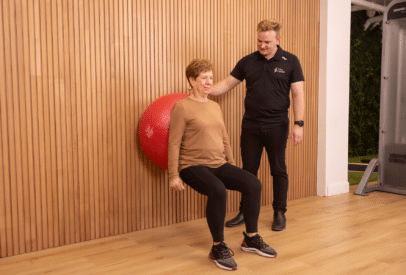Pelvic floor health and the importance of exercise

Our Women’s Health Pelvic Floor Physiotherapists at our Burleigh Clinic are specially trained in treating conditions relating to the pelvic floor muscles. Including conditions such as:
- Endometriosis
- Pregnancy: Pre & Post Natal
- Incontinence (involuntary loss of urine or faeces)
- Hormonal Impacts on the female body
What is the pelvic floor?
The Pelvic Floor is a group of muscles and ligaments that support the many different organs within the pelvis, including the bladder, bowel, prostate and Uterus (Womb). It’s role is to support and provide function to these important organs.
Pelvic floor dysfunction can happen to anyone (no matter what gender) and can manifest through various symptoms including but not limited to:
- Urinary incontinence
- Faecal and/or flatus incontinence
- Pelvic organ prolapse
- Pelvic pain
- Dyspareunia (painful sex)
- Frequent urination/urgency
- Leaking with high impact (e.g sports, coughing jumping, sneezing)
- Constipation
- Incomplete emptying of the bladder & bowels
- Painful bladder and bowel movements
- Lower back pain
- Hip pain
- Sacroiliac joint dysfunction
- Abdominal muscle dysfunctions
- Pelvic girdle pain
- Postural imbalances
- Chronic pain
How can we help?
If you live on the Gold Coast and have concerns about your Pelvic floor health, we recommend booking an initial assessment with our Physiotherapist Jess who is an APA Women’s Health Certified Practitioner.
Our Physiotherapist can help by providing:
- A Comprehensive Individualised assessment to find the best treatment plan for you.
- An individualised Exercise program. Exercise is NOT a one-size-fits all, each individual will need a unique treatment plan.
- Tailored advice to manage symptoms and ensure goals are reached
Even if you don’t have any of the above symptoms, research has shown that Exercise is beneficial in all phases of a woman’s life. It can aid in the balancing of hormones during menopause, and conditions such as Endometriosis which is primarily driven by inflammation and Oestrogen. It is also now recommended to Exercise during pregnancy for both the benefit of mum and bub. Excluding those that have contraindications or have been told not to by their Doctor.
If you have not previously been exercising it is recommended that you talk to a health professional such as one of our friendly Physiotherapists at Burleigh to ensure it is safe for you to start and ensure you are following a plan that is safe, effective and best suited to your needs and goals.
Our 4 top tips for good pelvic floor health
1. Avoid becoming constipated
Drink plenty of water, exercise regularly and eat a balanced diet with at least 20 grams of fibre per day. Sitting too long on the toilet or straining to have a bowel movement can put a lot of pressure on your pelvic floor, and this may lead to muscle dysfunction, weakness, or even a pelvic organ prolapse, especially if your condition is ongoing.
2. Engage pelvic floor muscles when lifting
Lifting heavy objects places stress on your core and pelvic floor muscles. Ensure the load is manageable for you before lifting and keep it as close to your body as possible. Before you lift, activate your pelvic floor muscles and bend from the hips in a squat -like position versus bending forward from your back.
3. Pelvic floor exercises
The pelvic floor like any muscle requires exercise to remain strong. It is important to learn how to contract your pelvic floor muscles properly and also how to relax. The pelvic floor muscles need to be able to fully contract at will e.g. hold in urine or brace when lifting something heavy and fully relax to be able to pass stools and urine. The pelvic floor is connected with many muscles as part of the pelvis and it is important to work them along with your core, hips and back muscles. We recommend booking in with our Women’s Health Physio or Exercise Physiologist who can provide cueing and recommendation on specific exercises to strengthen your pelvic floor muscles. But also ensure if your muscles are weak that you don’t cause unwanted strain or stress on the pelvic floor when performing certain exercises.
4. Maintain a healthy weight
It is important for many reasons, but for those with pelvic floor issues, being overweight or obese can cause further problems. Obesity places increased pressure on the pelvic floor and the bladder, and in some cases this can lead to incontinence or even pelvic organ prolapse. The extra weight placed on the pelvic floor can also strain the muscles and weaken them, further worsening any issues you may have or increasing your chance of developing them if the strain persists. Obesity is associated with gastrointestinal symptoms like constipation, abdominal pain, and diarrhoea, which may cause strain on the anal muscles.
Subscribe to e-news
Receive the latest health tips and news straight to your inbox

